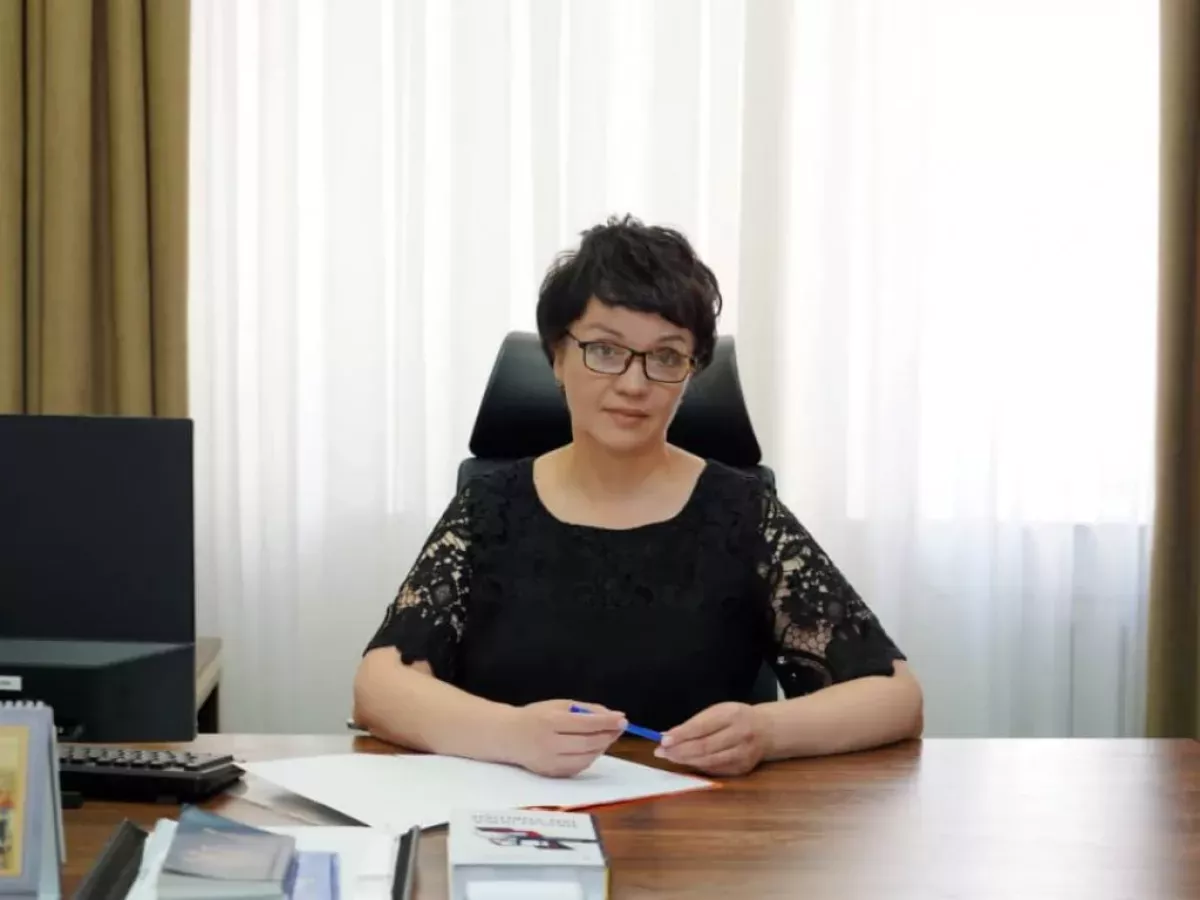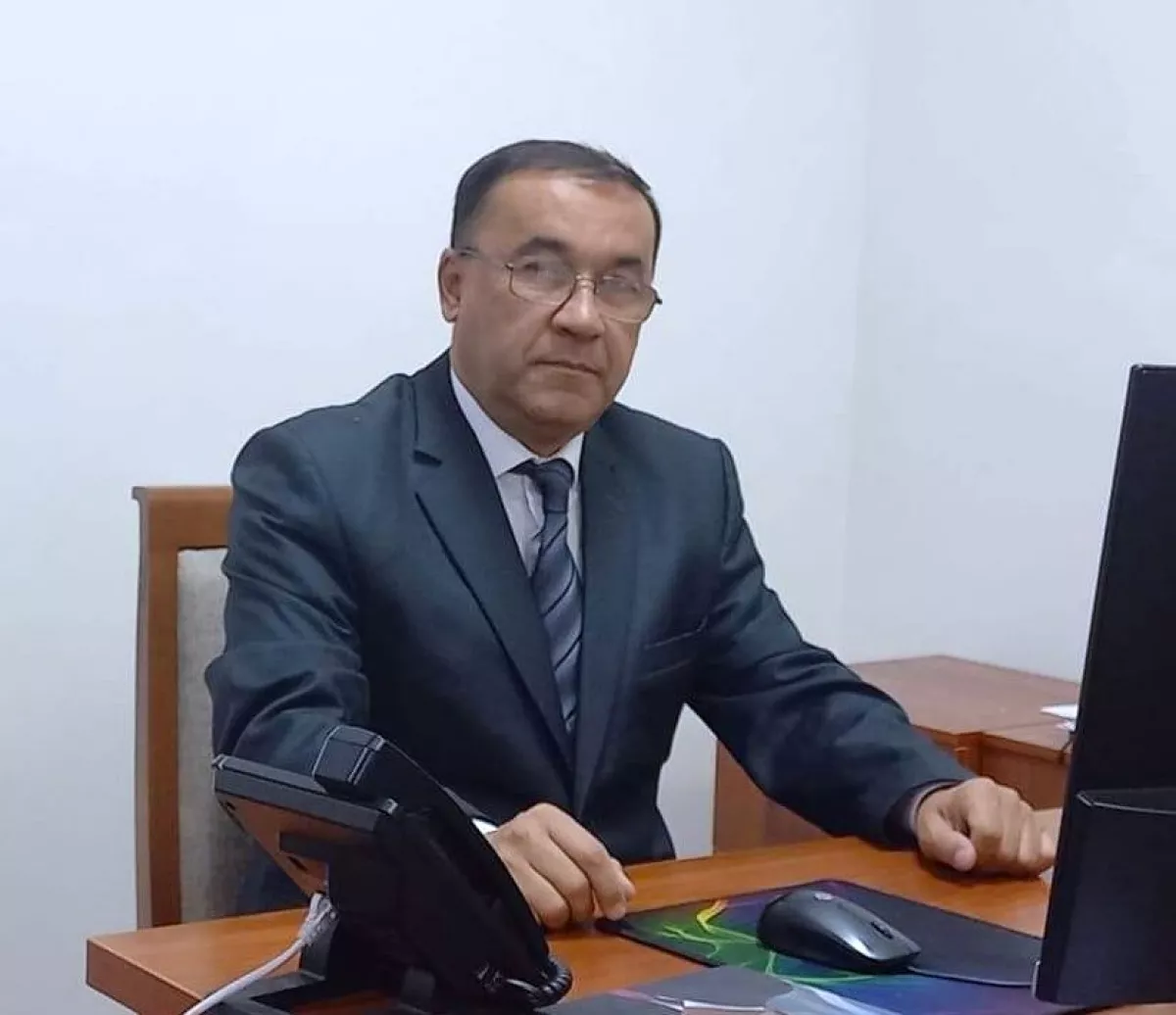From Russia to the EU: Is Uzbekistan shifting its foreign policy? Uzbek analysts highlight multi-vector strategy
“Uzbekistan is entering a phase of active cooperation with the European Union, distancing itself from Russia” — headlines like these have appeared in several foreign media outlets in recent days. This comes ahead of the expected signing of an agreement on enhanced partnership and cooperation with the European Union, mentioned in a message from the President of the European Council, António Costa, to President Shavkat Mirziyoyev on the occasion of the 34th anniversary of Uzbekistan’s independence.
“I look forward to meeting you on 24 October 2025 in Brussels, where we will have the opportunity to continue our dialogue on the signing of the Enhanced Partnership and Cooperation Agreement between the European Union and Uzbekistan,” the message from Costa reads.
This news is particularly significant against the backdrop of worsening relations between Tashkent and Moscow due to violations of the rights of Uzbek migrants in Russia.
So what lies behind Uzbekistan’s decision: a new foreign policy course or an economic strategy? What does the expanded format of cooperation between Brussels and Tashkent entail? Uzbek political analysts answer these questions for Caliber.Az.

Thus, Doctor of Historical Sciences and Associate Professor of the Department of Political Science at the University of World Economy and Diplomacy (Tashkent), Ranokhon Tursunova, believes that the upcoming signing on October 24, 2025 of the new Agreement on Enhanced Partnership and Cooperation between the Republic of Uzbekistan and the European Union represents a significant milestone in the development of comprehensive relations between Tashkent and Brussels. The signatures to be placed on this document by President Shavkat Mirziyoyev and European Council President António Costa will serve as a symbol of the high level of mutual trust and the commitment to deepening strategic dialogue.
In her view, the format of the forthcoming agreement covers a wide range of priority areas, including the expansion of trade, economic, and investment cooperation, support for sustainable development and the “green” economy, joint work on security, education, digitalisation, and innovation, as well as the promotion of humanitarian and cultural exchanges.
“Signing this agreement will open up additional opportunities to attract European technologies, expertise, and investment into the priority sectors of Uzbekistan’s economy, as well as strengthen the country’s international standing as a reliable and open partner in Central Asia. In this context, the planned visit of the President of the Republic of Uzbekistan to Belgium and the signing of the agreement with the EU signify one thing — the beginning of a new stage in the development of Uzbek-European relations, a stage based on mutual respect, equality, and the pursuit of sustainable joint development,” the political analyst emphasised.
According to her, the expansion of Uzbekistan’s cooperation with the EU is a logical continuation of the multi-vector policy that Tashkent has pursued in recent years. At the core of the country’s foreign policy are the principles of openness, balance, pragmatism, and national interest.
“In this regard, the primary objectives of Uzbekistan’s cooperation with the EU are, first and foremost, to diversify foreign economic ties and expand export markets for Uzbek industrial and agricultural products,” the analyst said.
She also noted that strengthening ties with the EU is not directed against any partner but merely reflects Uzbekistan’s desire to expand international cooperation, integrate into global value chains, and develop sustainable foreign economic platforms.
“Uzbekistan continues to develop traditionally close and mutually beneficial relations with Russia—both bilaterally and within regional structures such as the CIS and the SCO. I would like to emphasise that the country’s foreign policy is aimed at building constructive and mutually advantageous relations, based on mutual respect, with all key external partners, without undermining existing ties. Expanding dialogue with the European Union is part of a broader strategy to integrate the country into the global community, founded on openness, neutrality, and pragmatism. Therefore, Tashkent does not view the expansion of cooperation with the EU as a risk to its relations with Russia,” concluded Tursunova.

According to Candidate of Economic Sciences Temir Bakhodirov, this news is not sensational, as Uzbekistan has very consistently and gradually increased its level of cooperation with the European Union. At the same time, however, these trends clearly reflect Uzbekistan’s diversification of its relations with Russia.
“Unfortunately, Russia is rapidly losing its economic power, trade, and industrial potential, which in some ways pushes the Central Asian countries to reorient their economic ties towards the West and other directions. This is one reason. Uzbekistan’s foreign economic agenda has always been characterised by a wide spectrum of connections, where politics did not play a significant role, and the main drivers were economic benefits and interests.
On the other hand, in Russia itself, politics often interferes in economic interactions with neighbouring countries in a selective manner, granting certain ‘friends’ of Moscow preferential treatment—this concerns export and import strategies. For example, in relations with Central Asian countries, even those that are EAEU members, these strategies are not always clear, transparent, or truly partnership-oriented in the trade sphere—Moscow tends to impose its own rules of the game.
At the same time, Russia’s sanctions blockade also leaves its mark on the actions of Central Asian countries, which are forced to reassess their economic ties with Russia to avoid Western pressure and prevent ending up on ‘blacklists.’ Simply put, a large company cooperating with Russian partners and selling products to Russia could find itself in a situation where its products are refused in Europe and the United States. Not to mention the risk of being subjected to so-called secondary sanctions.
So, as the saying goes, friendship is friendship, but one must protect one’s own interests. Expanding Uzbekistan’s ties with the EU is an obvious pragmatic move, which Moscow should accept without drawing far-reaching conclusions. It’s simply business. Although, in a sense, the political agenda of one country toward another—such as the level of mutual respect, the friendly or, conversely, tense nature of relations—also plays a decisive role in economic and political decisions, including the reassessment of partnerships. Therefore, Moscow should take this into account,” said Bakhodirov.








